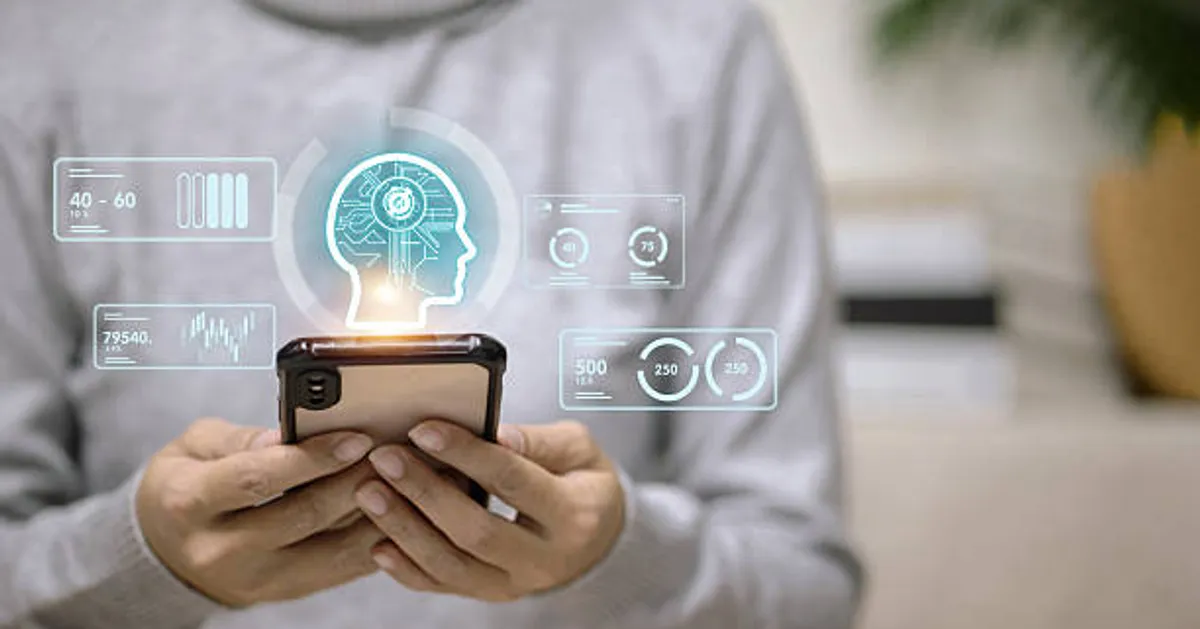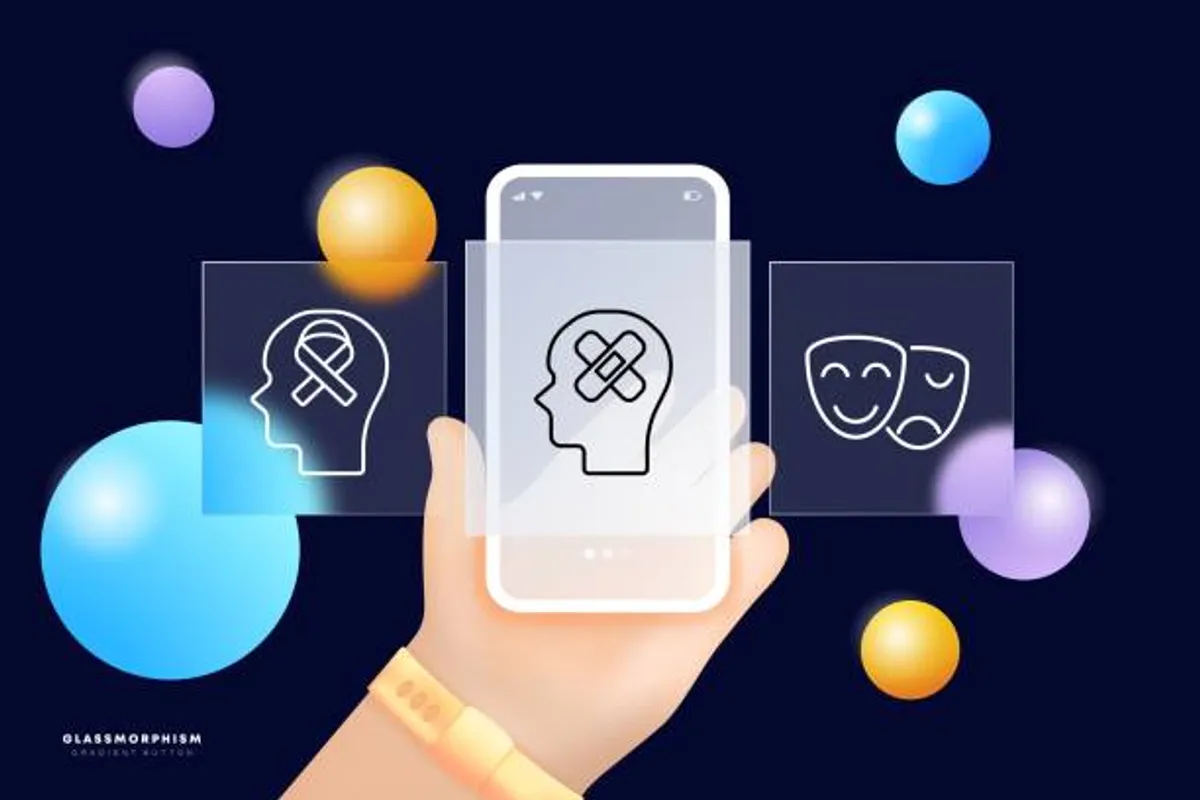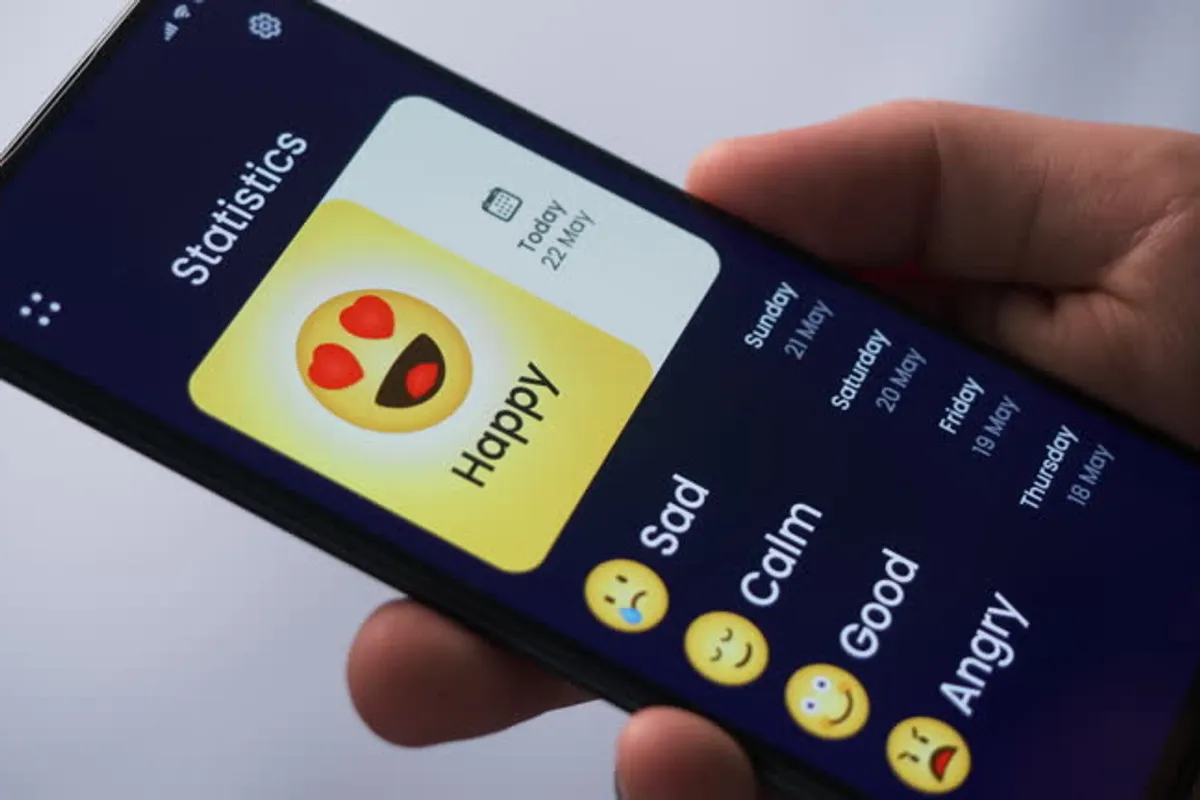
How AI Therapy Apps Are Transforming Mental Health Care in 2025

GeokHub
Contributing Writer
Mental health care has entered a new age in 2025 — one powered by artificial intelligence. What began as basic chatbot support a few years ago has evolved into sophisticated AI therapy platforms capable of understanding emotions, detecting early signs of distress, and delivering evidence-based therapeutic support. These apps are not replacing human therapists but are bridging the growing global gap between mental health demand and available professionals.
With depression, anxiety, and burnout rates rising worldwide, the integration of AI into mental wellness tools has become more than a trend — it’s now a core part of modern health care systems.
Smart Algorithms, Real Emotional Insight
The biggest shift in AI therapy today is emotional intelligence through data. Modern apps such as Wysa, Replika, and Mindstrong are using machine learning models trained on millions of anonymous conversations to analyze user sentiment, tone, and stress patterns.
Through natural language processing (NLP), these systems can detect subtle emotional cues — like hesitation, fatigue, or recurring negative expressions — and provide timely interventions or recommendations for professional help.
Some platforms even track physiological data, such as heart rate and sleep cycles, integrating wearable technology to offer a complete picture of the user’s mental state. The result is personalized care that feels more responsive and human than ever before.
Accessibility and Privacy: The Dual Challenge
AI therapy apps have made mental health care affordable and available 24/7, especially for people in regions where therapists are scarce. A session that once cost $100 can now be accessed for free or at a fraction of the price.
However, accessibility brings new questions around data privacy and ethical use of personal emotions. Users are becoming more aware of how their mental health data is stored and analyzed. In response, most leading apps now comply with strict global privacy standards like GDPR and HIPAA, and use on-device encryption to protect sensitive information.
This balance between access and privacy defines the credibility of any AI therapy tool in 2025.
AI and Human Therapists: A Collaborative Model
Experts agree that AI isn’t replacing therapists — it’s augmenting them. Clinicians now use AI systems to monitor patient progress between sessions, receive alerts on potential emotional declines, and personalize treatment plans using data insights.
This hybrid approach allows therapists to focus on empathy and complex problem-solving, while AI handles early detection, scheduling, and mood tracking. It’s a collaboration that improves care efficiency without compromising human touch.
Cultural Acceptance and Global Expansion
The stigma around seeking help has dropped significantly as therapy apps become normalized. In countries like India, Nigeria, and Brazil, AI-powered therapy platforms are filling a massive gap in mental health infrastructure.
Local language models and culturally adapted responses make these tools more relatable, allowing millions to access emotional support without fear of judgment or exposure.
The Future: Emotional AI With Empathy
Looking ahead, emotional AI is moving toward empathetic intelligence — systems that not only understand but emotionally resonate with human experiences. Researchers are training models to detect loneliness, grief, or trauma through contextual learning, not just keywords.
Combined with virtual reality and biometric feedback, tomorrow’s AI therapists could deliver immersive, truly personalized wellness journeys.
Get Smart Tracker for better mental health, to help journey. Always know you can do this
Final Thought
AI therapy apps are not a replacement for human connection, but they are transforming how people care for their mental health in 2025. By combining science, empathy, and accessibility, these digital companions are breaking barriers that once limited therapy to a privileged few.
In this new world of mental wellness, technology doesn’t just listen — it understands, supports, and empowers.
Affiliate disclosure: This article contains affiliate links. If you purchase through them, I may earn a small commission at no extra cost to you.








